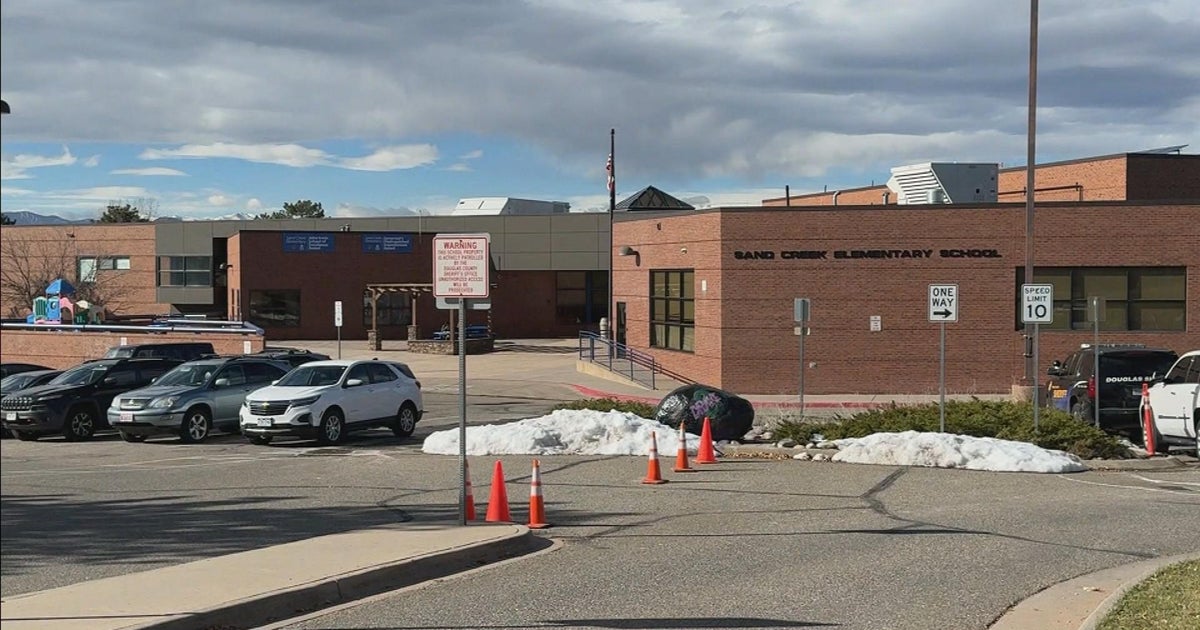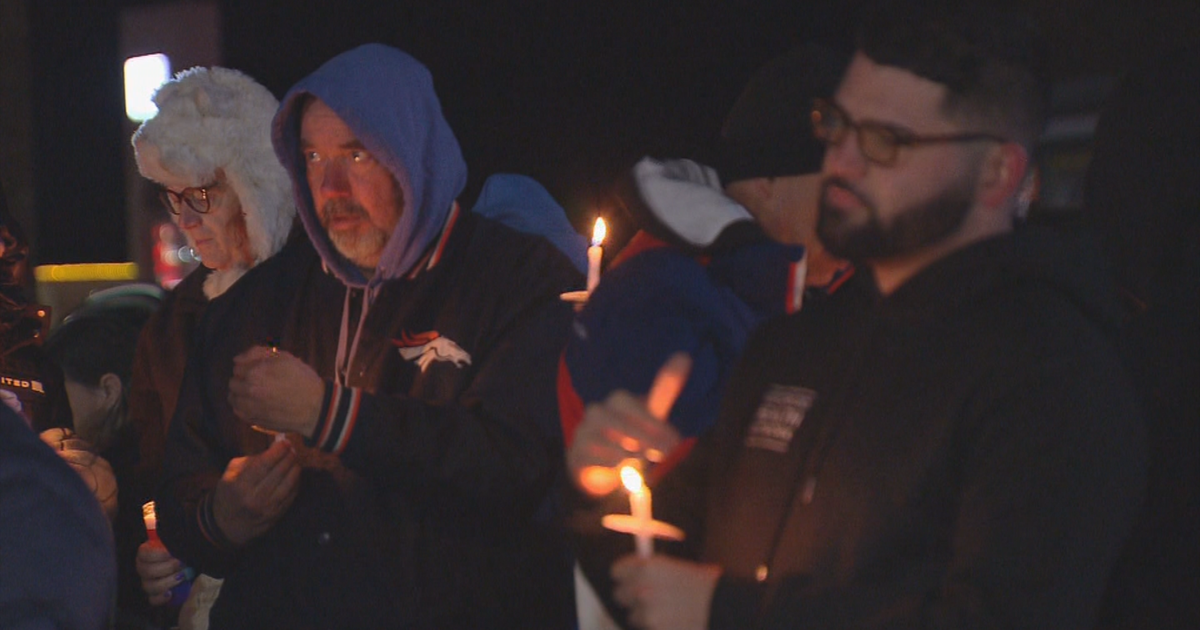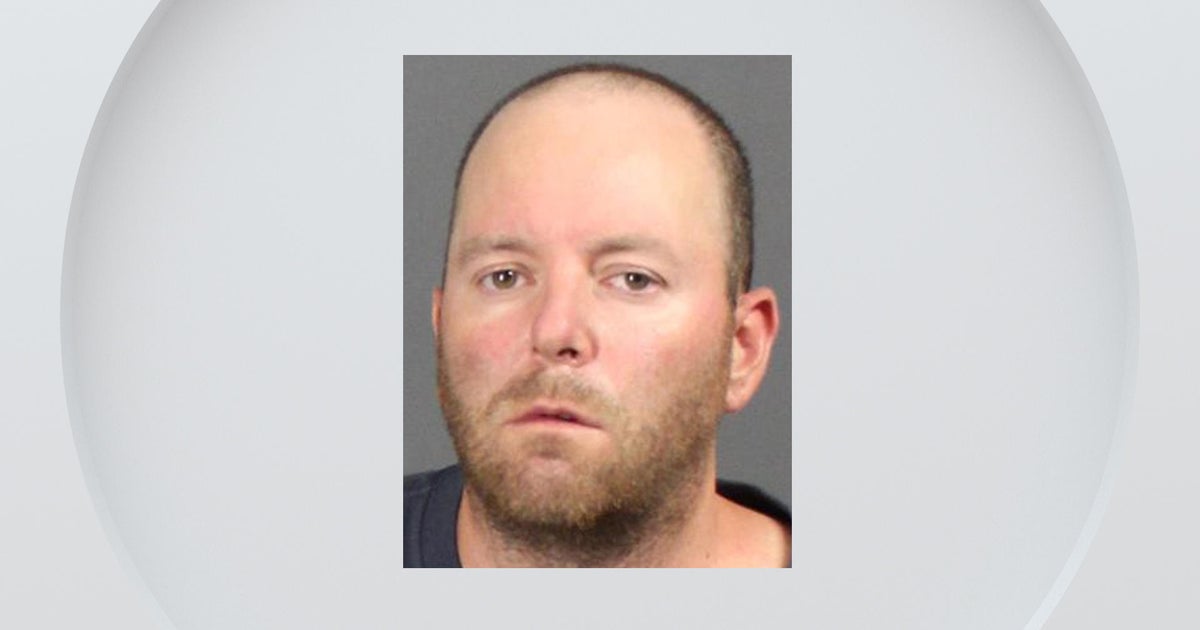Colorado provides look into Northglenn's Mental Health Transitional Living Home
At first glance inside, they look just like any other Northglenn home. But for the people who live inside the two buildings that make up the city's Mental Health Transitional Living Home, they've quickly become much more life-changing than that.
"It's been integral. It's been phenomenal," said Erik Sabbeth.
Sabbeth has been living in one of these transitional living homes in Highlands Ranch for the last three months but getting to this point took many years and a lot of personal battles.
"Before COVID, I had a career, I had a home. I was able to pay for a car and pay my mortgage. I worked as a musician and a music teacher," said Sabbeth. "I have always had voices in my head. I've always said that it was not a monologue in my mind but a dialogue. And during COVID, I had some psychotic breaks I guess you could say. The shock of the isolation really got to me."
Sabbeth says he eventually became homeless, and because of his ongoing mental health struggles, he wound up in jail quite a bit.
"Trespassing, vagrancy, things like that. Nothing too heavy, nothing too crazy. And eventually the jail said, 'Hey this isn't the place for you, let's try a mental hospital'," he said. "From the mental hospital, they concluded that I was a high-functioning schizophrenic with other diagnoses. And I really had no place to go. There were no options for me."
Staff at the state mental hospital helped connect Sabbeth with the Highlands Ranch transitional living home, which he says has quickly changed everything for him.
"To spend time in a community where I'm with other people who have this affliction has given me a sense of calm, a sense of understanding, that I'm not alone," he said.
There are six mental health transitional living homes open across the state that can serve up to 68 individuals at a time. These homes were established by the State's Office of Civil and Forensic Mental Health as a way to bridge a gap in mental health needs across the state of Colorado, especially among people who may not be able to access resources at the state hospital.
Ten individuals currently live inside the mental health transitional living home in Northglenn, a facility that became the topic of controversy last year, when state leaders told the community sex offenders were among the population of people that could potentially live there.
The state eventually agreed not to allow sex offenders to be admitted to the facility amid weeks of public outcry and meetings with state officials.
"I think there's mixed reviews. some people don't mind it, it doesn't really bother them. some people are very much in favor of it," said Bonnie Wright, Division Director for the state's Mental Health Transitional Living Homes. "Some people are very opposed to it because their perception or their view of individuals that they're serving in these programs is it's going to create problems in the community."
CBS Colorado got an exclusive look inside the Northglenn facility, which comes equipped with a kitchen, dining area, shared and individual bedrooms, a place for clients to shower, and an outdoor area.
"They're meant to provide a transition point, whether it's coming from a hospital setting to step down and have that exposure to the community," said Wright.
Wright says everyone who stays in this 24-hour, seven-days-a-week supervised facility is required to attend therapy, manage their medication, and also set goals for after they leave and transition into the community again.
"We have had homes open for a little over a year now, and we've had great successes. The individuals that we have served in these homes have experienced successes maybe beyond what they even expected," said Wright. "Whether people go on and get a job or to get an apartment or to move back home with family, it's different for everyone. Those successes exist and that's because this is an added resource that our state needs, that all communities need."
Clients who live here go through weeks of rigorous vetting, from looking into their background to speaking with the state hospital and or other previous social workers the clients have worked with.
"When we don't have the resources in the community that we need to support individuals who are experiencing challenges with their mental health, where we end up is with a lot of individuals that go without that help and then those are the folks you may see on the streets, you may see doing these one shouldn't be doing," said Wright.
Since living in his transitional living home, Sabbeth has finally been able to move forward in changing his life.
"I have a job interview next week," he said.
He urges communities to give these facilities and the people inside a chance to change their outcomes, as well.
"These are people who are hard up on their luck, who are going through something in their mind, which we can't fathom the difficulties, and who need an opportunity to grow and develop in a safe place where they can become human again," he said. "I've been so fortunate to be part of this program, and I hope that the voters and the councilmen all see the value of this, and they promote it and continue it. It is tremendously helpful for people like myself."
The state plans to open nine or 10 more of these facilities over the next six to nine months.






